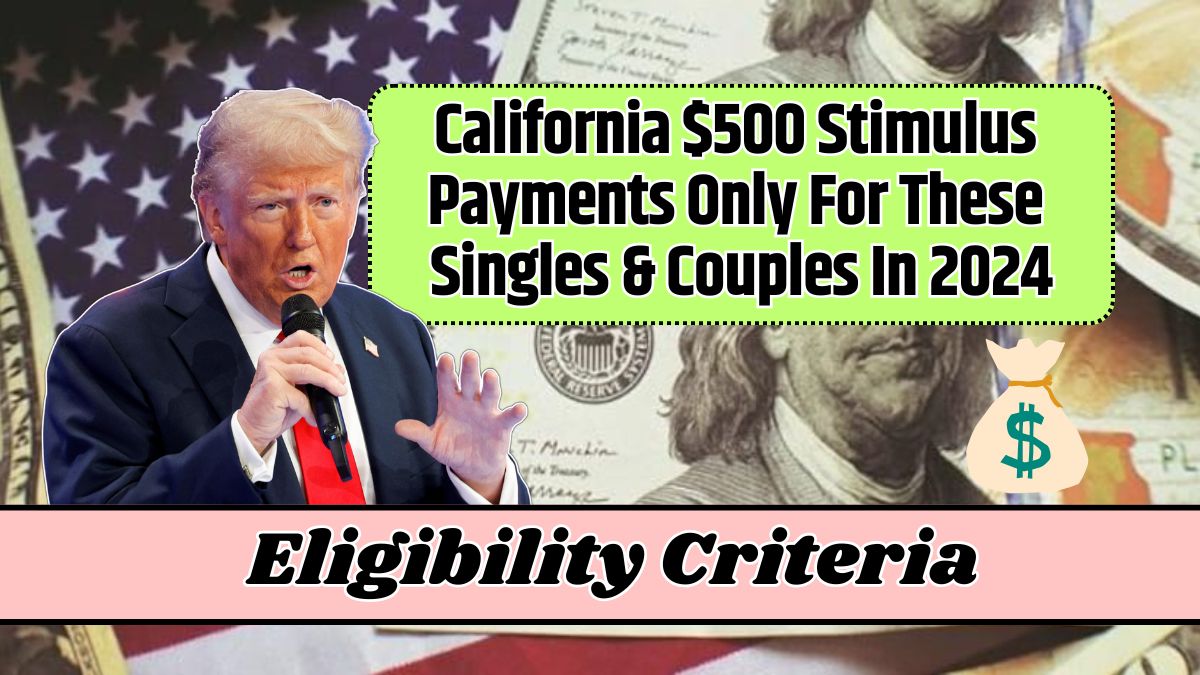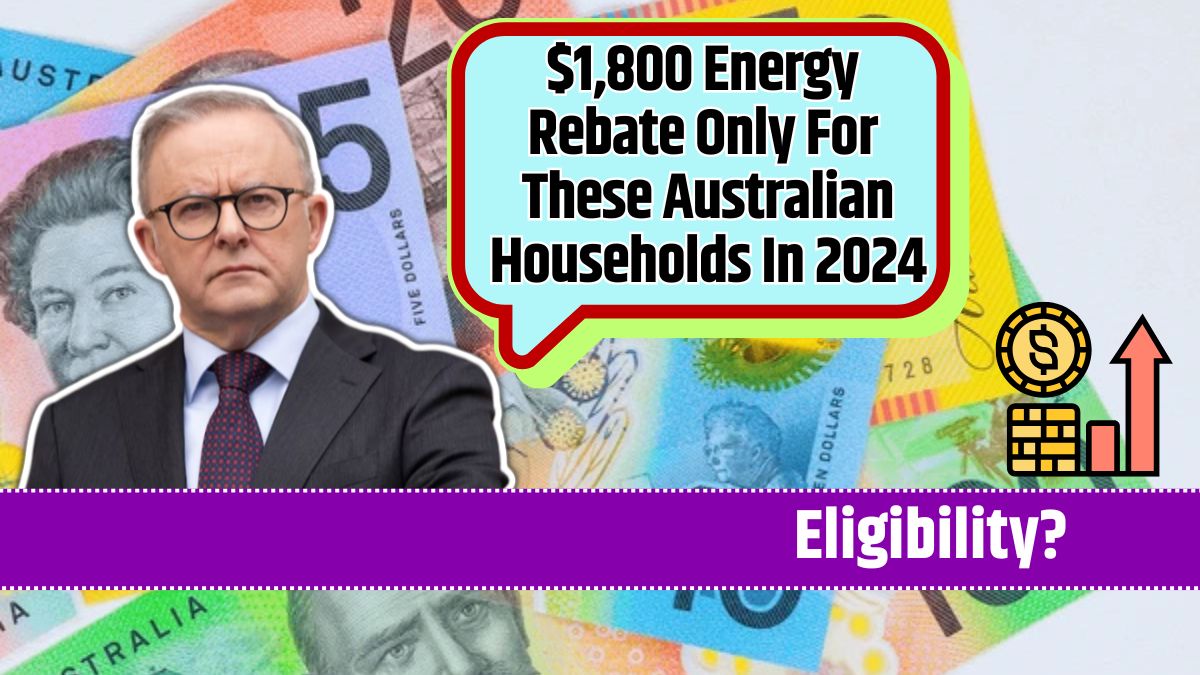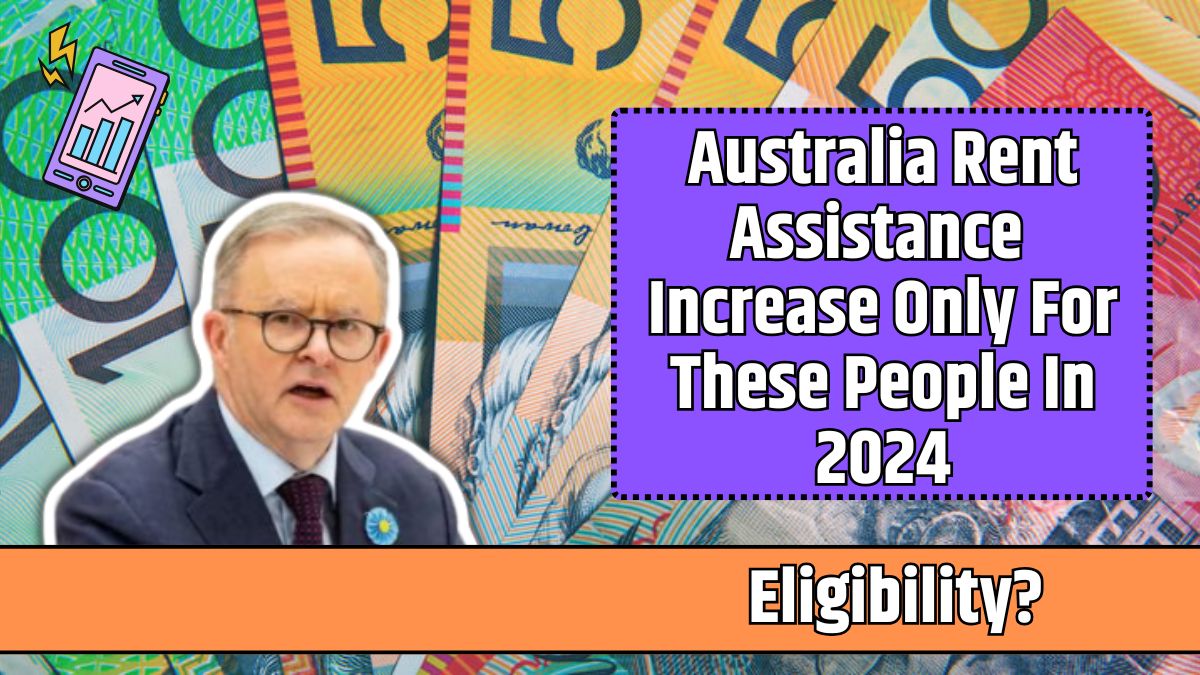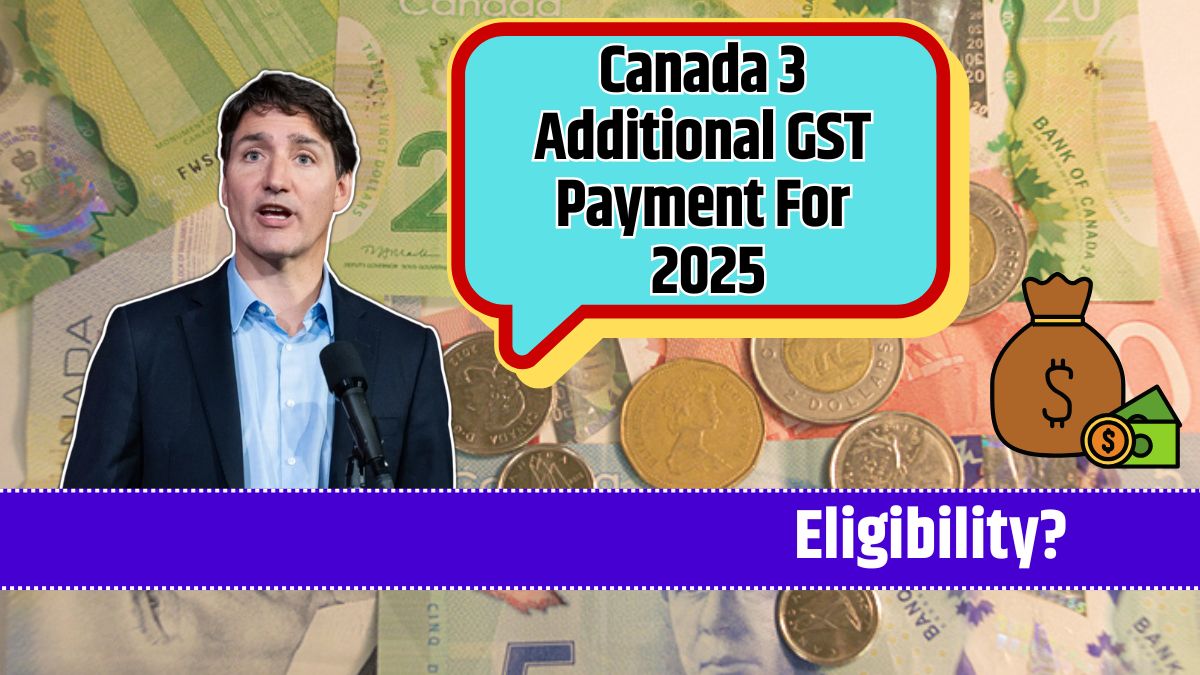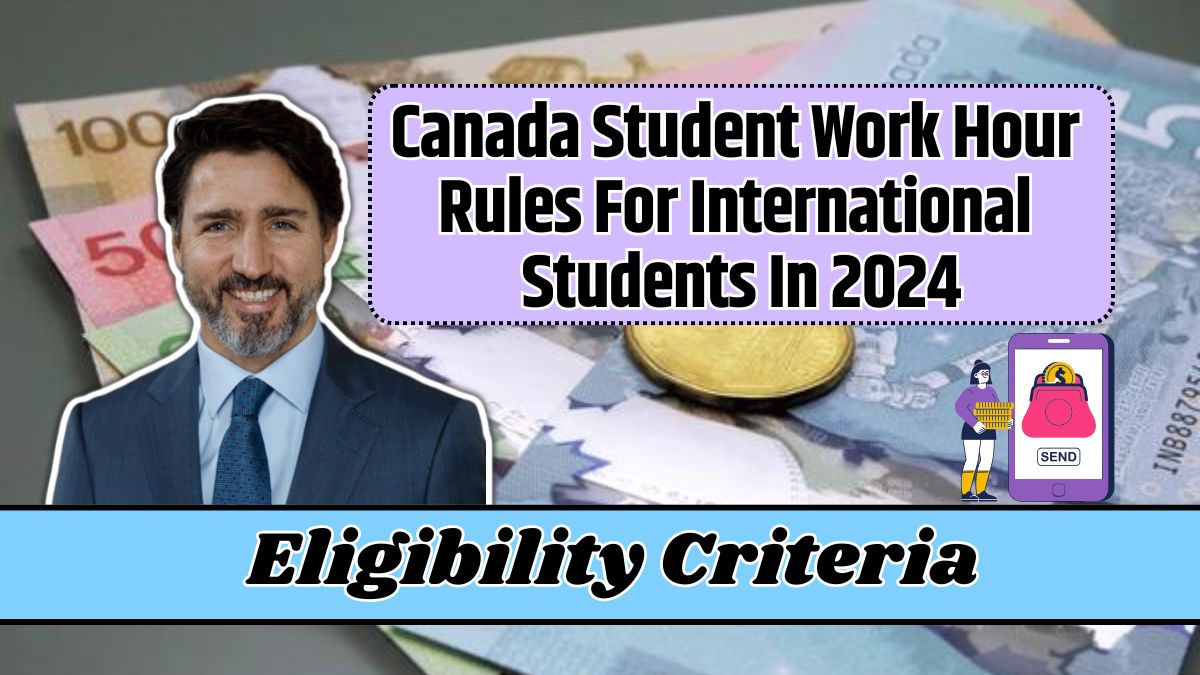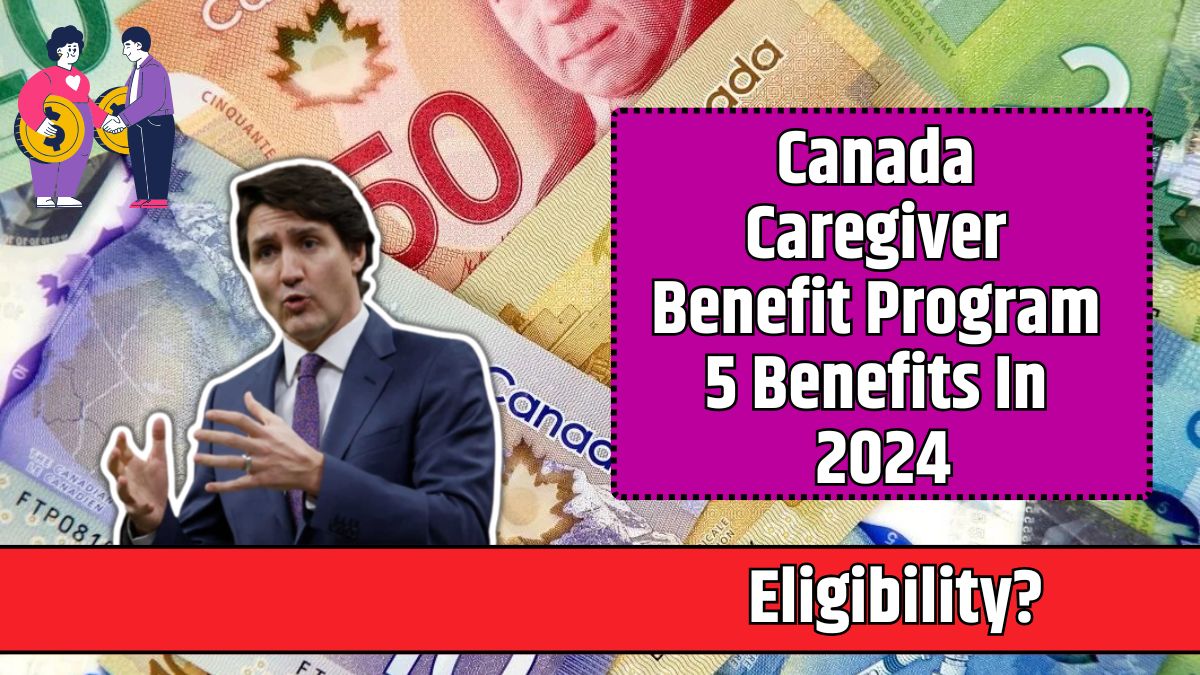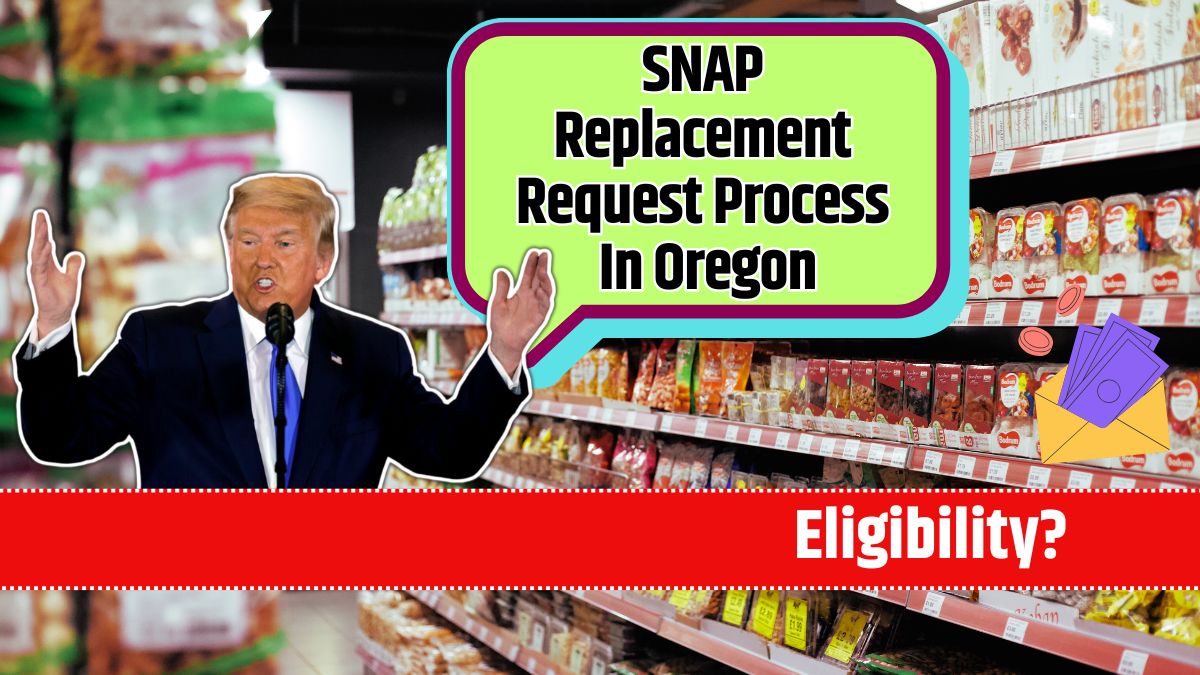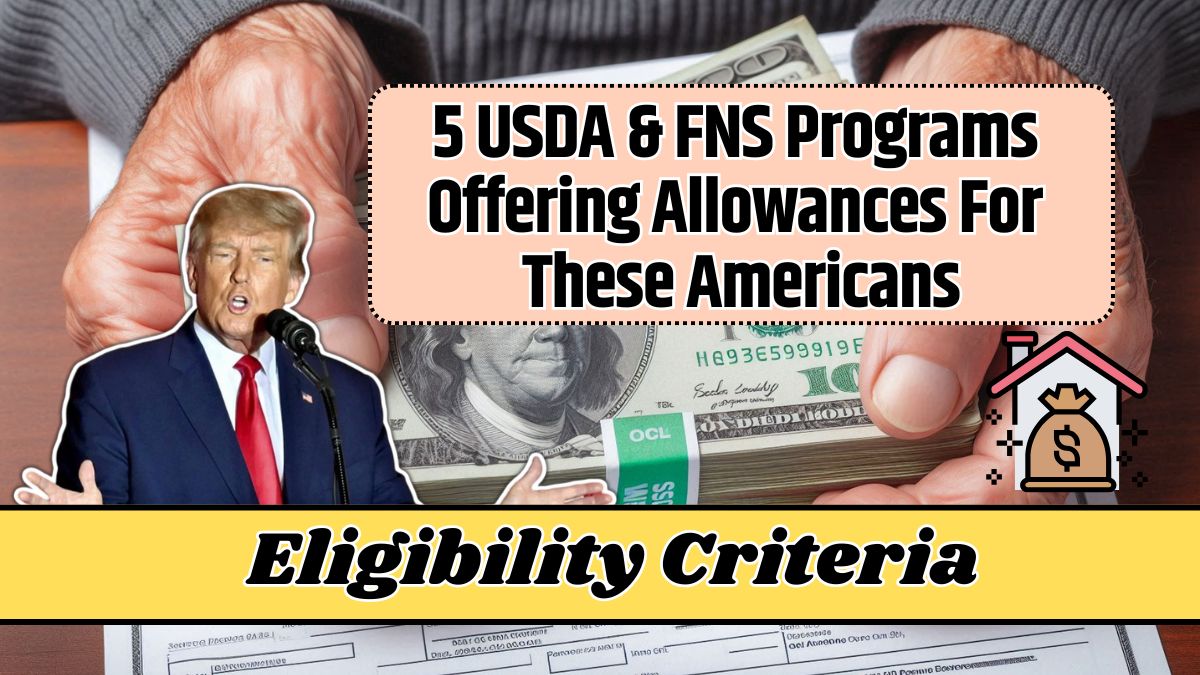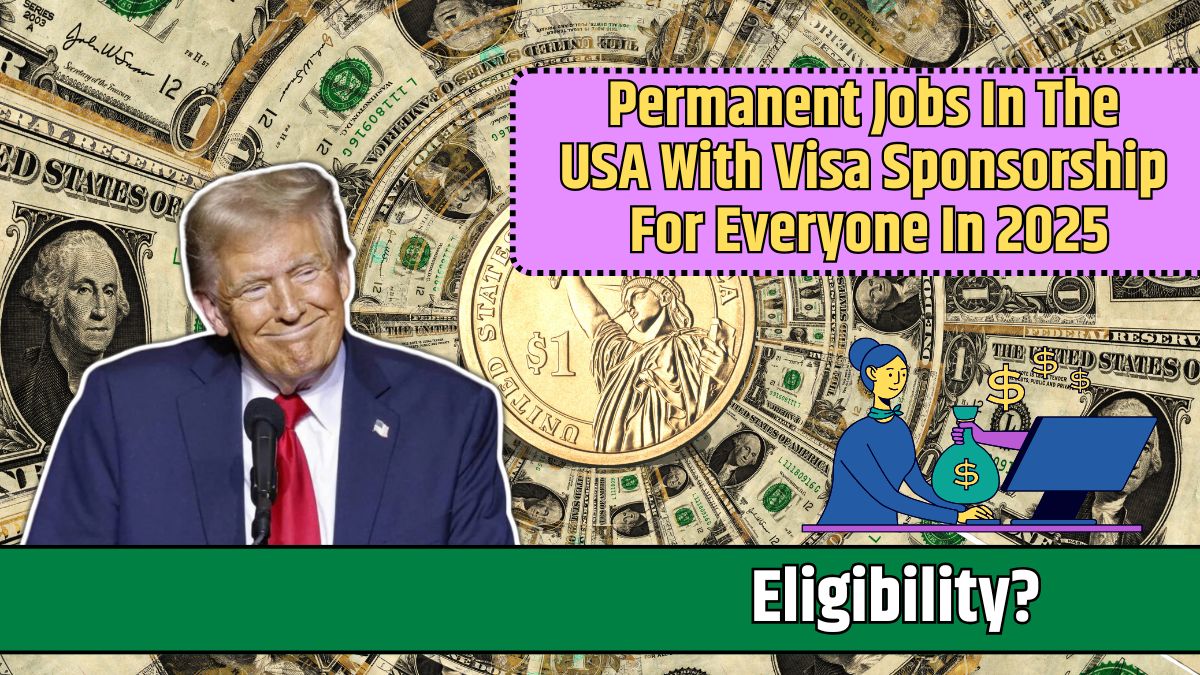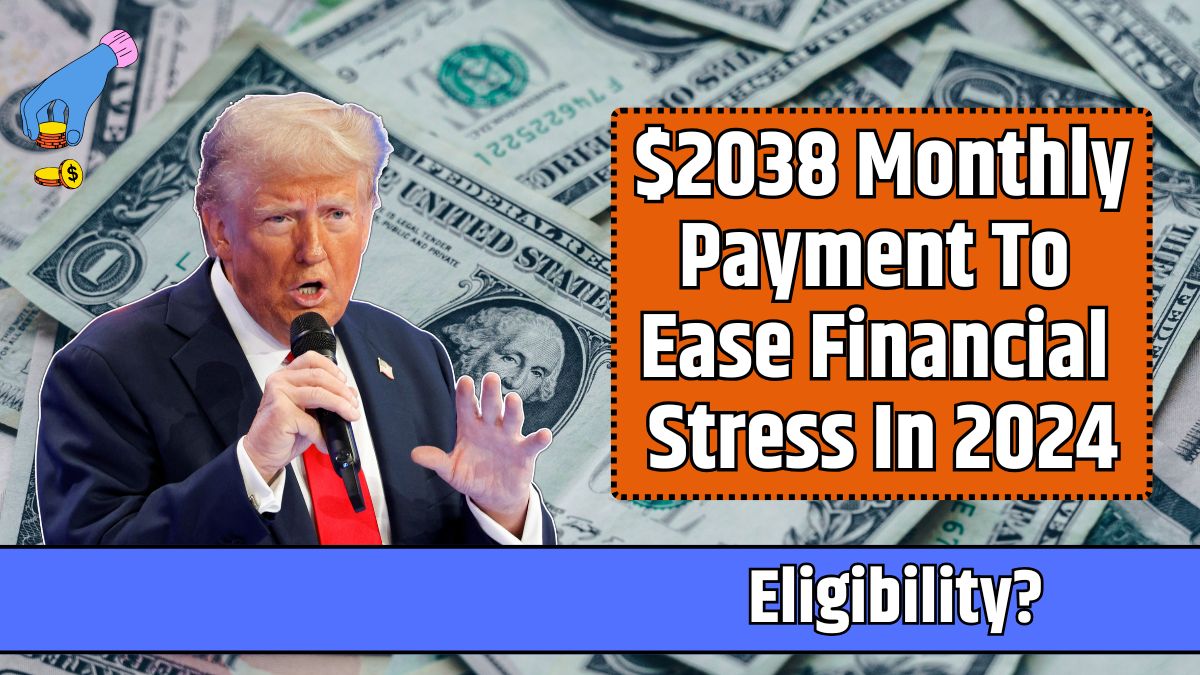Since mid-2024, low-income families in California have been receiving much-needed financial relief through a $500 monthly stimulus payment program.
Spearheaded by the Fresno Economic Opportunities Commission, this initiative aims to provide stability and support to families with young children, enabling them to better navigate financial challenges.
Let’s break down how the program works, who benefits, and why it matters.
California $500 Stimulus Payments
The stimulus program is a year-long initiative, running from July 2024 to July 2025. It provides a total of $6,000 to selected families, distributed as $500 monthly payments.
By December 2024, families have received half of the total amount, with the remaining disbursements scheduled through the following months.
The program specifically targets residents in Fresno and Huron, focusing on ZIP codes 93706 and 93234. Out of over 10,000 applicants, 150 families were randomly chosen to participate.
Key Details:
- Monthly Payment: $500
- Duration: 12 months (July 2024 – July 2025)
- Total Benefit: $6,000 per family
- Eligibility Area: Fresno and Huron (specific ZIP codes)
Eligibility Criteria
The program was designed to prioritize families facing significant economic challenges. To qualify, applicants needed to meet these requirements:
- Be at least 18 years old.
- Have filed a 2021 tax return.
- Earn less than $75,000 annually as a single filer or $150,000 as a couple.
- Be a parent or guardian of a child under five years old.
These criteria ensured the program focused on families with young children, often among the most financially vulnerable.
Purpose and Benefits
The $500 monthly payments are unrestricted, giving families the freedom to allocate funds based on their unique needs. This flexibility sets the program apart from traditional welfare systems, which often impose spending restrictions.
Potential Uses of Funds:
- Rent or mortgage payments
- Groceries and household essentials
- Childcare or educational expenses
- Debt repayment
Long-Term Impact
By alleviating immediate financial stress, the program empowers families to focus on long-term stability. Research on similar programs has shown that direct financial aid can improve mental health, job stability, and educational outcomes for children.
Why This Program Matters
This initiative represents more than just a financial boost—it challenges traditional approaches to public assistance. Instead of dictating how funds should be used, the program trusts recipients to make decisions that best serve their circumstances.
This approach fosters financial independence and respects individual autonomy.
Programs like this have a proven track record. For instance:
- Stockton’s guaranteed income program in 2019 demonstrated how unrestricted payments could reduce poverty and improve quality of life.
- The expanded Child Tax Credit in 2021 significantly lowered child poverty rates, though its expiration in 2022 reversed many of these gains.
Fresno’s initiative builds on these successes, addressing local needs while serving as a potential model for other communities.
The Road Ahead
The final payment for this program will be issued in July 2025. Until then, the Fresno Economic Opportunities Commission will monitor outcomes, evaluating the program’s effectiveness in reducing poverty and fostering financial security.
While the current reach is limited, this pilot program could pave the way for larger-scale initiatives. It also contributes to ongoing discussions about the role of guaranteed income in addressing systemic economic disparities in the United States.
Potential for Broader Impact
By emphasizing unrestricted financial support, the program highlights a powerful alternative to conventional welfare systems.
Its success could inspire similar programs nationwide, demonstrating that trusting families to manage their own finances can yield meaningful improvements in both economic and social well-being.
Ultimately, this $500 stimulus initiative isn’t just a lifeline for participating families—it’s a step toward rethinking how we support those most in need.

